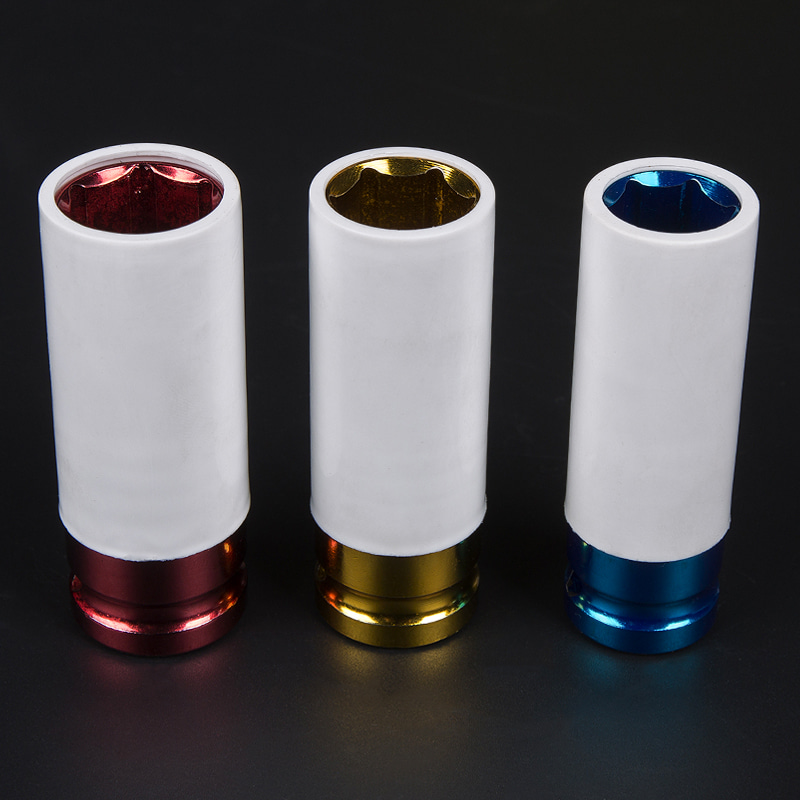Nut sockets are a type of socket wrench attachment used for turning and tightening or loosening nuts. They consist of a hollow cylindrical shape with hexagonal or square openings to grip the nut. Nut sockets come in different sizes to fit various nut sizes and are usually sold in sets.
Nut sockets are commonly used when working on cars, trucks, and other vehicles. They allow mechanics to access and remove lug nuts on wheels, as well as tighten or loosen nuts on engine parts, brakes, suspension, and more. The right-sized socket helps prevent stripping or rounding off nut heads.
They are utilized in machinery assembly and maintenance for tightening and loosening nuts on bolts that hold components together. Their shape grips nuts securely to allow the application adequate torque.
Nut sockets are useful in construction for assembling framing, securing deck materials, constructing furniture, and various other applications that require nuts to be tightened or removed.
They are also handy for DIY household projects like assembling furniture, fixtures, and equipment. Nut sockets allow reaching into tight spaces.
Nut sockets are made of durable steel or chrome construction to prevent rounding, chipping, and fracture. Some have chrome plating that provides corrosion resistance. There is a deep broach in the socket that fully surrounds the nut for grip.
Nut sockets can be used with ratchets, torque wrenches, breaker bars, and power tools for leverage and tightening/loosening force. They come in standard (6-point) or 12-point styles to grip different nut shapes.
Nut sockets provide the grip and torque needed to efficiently work with nuts. Keeping a range of metric and SAE-sized sockets on hand is useful for more applications. They make nut jobs easier in automotive repair, construction, machinery, and home projects.


 English
English Español
Español

